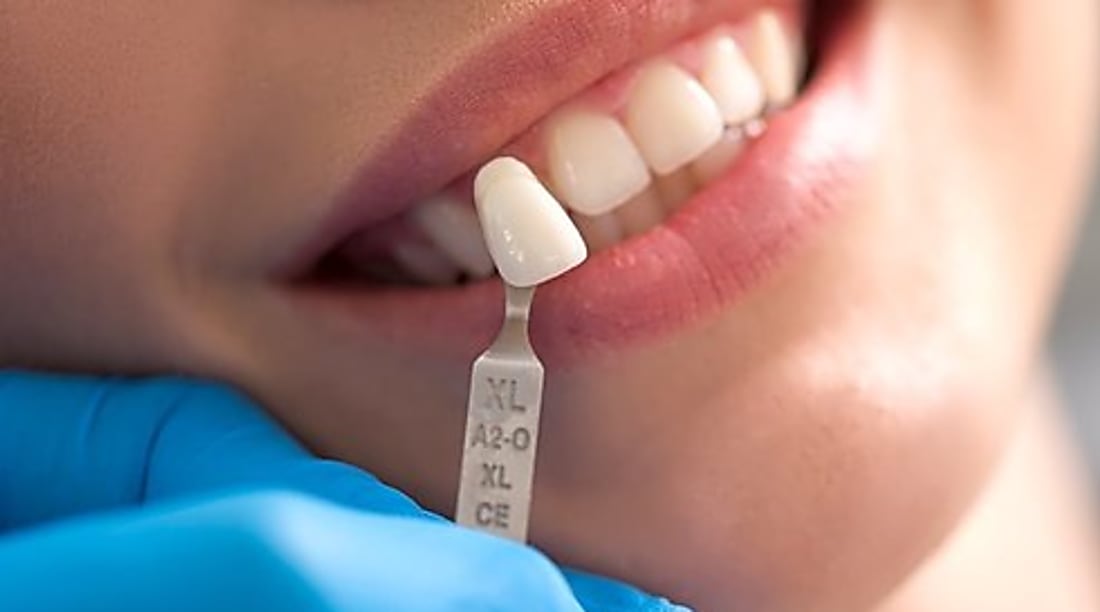Understanding Tooth Replacement Options and Modern Solutions
Missing teeth can significantly impact your daily life, affecting everything from eating and speaking to your confidence and oral health. Modern dentistry offers advanced solutions that provide permanent, natural-looking replacements for missing teeth. These treatments involve surgical procedures that create stable foundations for artificial teeth, offering functionality and aesthetics that closely resemble your natural smile.

When you lose one or more teeth, the consequences extend beyond aesthetics. Your jawbone begins to deteriorate without tooth roots to stimulate it, adjacent teeth may shift position, and your ability to chew certain foods becomes compromised. Modern dental technology has developed sophisticated methods to address these issues, providing long-term solutions that restore both function and appearance. Understanding the available options, associated costs, and how to find qualified professionals can help you make informed decisions about your oral health.
What Are the Modern Tooth Replacement Procedures?
Advanced tooth replacement procedures involve surgically placing titanium posts into the jawbone, which serve as artificial tooth roots. These posts consist of three main components: the titanium fixture that integrates with your bone, an abutment that connects the post to the replacement tooth, and a crown that serves as the visible portion. The titanium post is inserted into the jawbone through a surgical procedure, where it fuses with the bone tissue through osseointegration over several months. This creates a remarkably strong and stable foundation. Once healing is complete, the abutment and custom-made crown are attached, restoring both function and aesthetics. The entire process may take anywhere from three to nine months, depending on individual healing rates and whether additional procedures like bone grafting are needed.
Finding a Qualified Implantologist in Your Area
When searching for tooth replacement treatment, finding an experienced professional is essential for successful outcomes. Implantologists are dental specialists who have undergone additional training in surgical placement and restoration of permanent tooth replacements. To locate qualified practitioners in your area, start by asking your general dentist for referrals, as they often have professional networks with specialists. You can also check with professional bodies such as the General Dental Council or the Association of Dental Implantology UK for registered practitioners. When evaluating potential providers, consider their qualifications, years of experience specifically with these procedures, success rates, and whether they use modern technology like 3D imaging for treatment planning. Reading patient reviews and scheduling consultations with multiple practitioners can help you make an informed choice about who will perform your procedure.
Choosing the Right Dental Implant Clinic
The clinic environment and available facilities play a significant role in your treatment experience and outcomes. A reputable dental implant clinic should have modern diagnostic equipment, including digital X-rays and CT scanners that allow for precise treatment planning. Sterilization protocols and infection control measures should meet current healthcare standards. Many clinics now offer sedation options for patients who experience dental anxiety, ranging from mild sedation to general anaesthesia for more complex cases. Consider whether the clinic provides comprehensive care, including initial consultation, surgery, and follow-up appointments, or if you’ll need to visit multiple locations. Payment plans and financing options are often available at established clinics, making treatment more accessible. The clinic’s location, accessibility, and appointment availability should also factor into your decision, as you’ll need to visit multiple times throughout the treatment process.
Understanding the Costs of Permanent Tooth Replacement
The financial aspect of permanent tooth replacement is a significant consideration for most patients. In the United Kingdom, the cost of a single tooth replacement typically ranges from £1,500 to £3,000, though this can vary based on location, clinic reputation, and case complexity. This price generally includes the titanium post, abutment, and crown, but additional procedures like bone grafting, sinus lifts, or tooth extractions will increase the total cost. Some patients require full mouth reconstruction, which can cost between £15,000 and £30,000 or more. NHS dental treatment does not typically cover these procedures unless there are exceptional clinical circumstances, meaning most patients pay privately. Several factors influence pricing, including the type of system used, the materials for the crown (porcelain versus zirconia), the dentist’s expertise, and the clinic’s overhead costs.
| Procedure Type | Typical Cost Range | Additional Considerations |
|---|---|---|
| Single Tooth Replacement | £1,500 - £3,000 | Includes post, abutment, and crown |
| Multiple Replacements (3-4 teeth) | £4,500 - £10,000 | May require bridge attachment |
| Full Arch Restoration | £15,000 - £30,000 | All-on-4 or All-on-6 options available |
| Bone Grafting | £200 - £1,200 | Often necessary if bone loss present |
| Sinus Lift | £1,000 - £2,500 | Required for upper jaw procedures |
Prices, rates, or cost estimates mentioned in this article are based on the latest available information but may change over time. Independent research is advised before making financial decisions.
Benefits and Considerations of Permanent Tooth Replacement
Permanent tooth replacement offers numerous advantages over traditional options. These procedures prevent bone loss that naturally occurs when teeth are missing, maintain facial structure, and don’t require altering adjacent healthy teeth as bridges do. They can last 20 years or longer with proper care, making them cost-effective over time despite higher initial expenses. They allow you to eat all types of food without restriction and require the same care as natural teeth: regular brushing, flossing, and dental check-ups. However, not everyone is an ideal candidate. Sufficient bone density is necessary for placement, and conditions like uncontrolled diabetes, heavy smoking, or certain medications may affect healing and success rates. A thorough evaluation by a qualified professional will determine whether this treatment is appropriate for your situation.
Maintaining Your Tooth Replacements for Long-Term Success
Once your permanent tooth replacements are in place, proper maintenance ensures their longevity. Daily oral hygiene is crucial: brush twice daily with a soft-bristled toothbrush and use interdental brushes or floss specifically designed for these restorations to clean around the abutment. Regular dental check-ups every six months allow your dentist to monitor the replacement, surrounding gum tissue, and bone levels. Avoid habits that could damage the restorations, such as chewing ice, using teeth as tools, or grinding teeth without a protective guard. While the replacements themselves cannot decay, the surrounding gum tissue can develop infections similar to gum disease, known as peri-implantitis. Early detection and treatment of any inflammation or infection is essential to prevent failure. With appropriate care, permanent tooth replacements can provide decades of reliable service, restoring your smile and quality of life.
This article is for informational purposes only and should not be considered medical advice. Please consult a qualified healthcare professional for personalized guidance and treatment.




